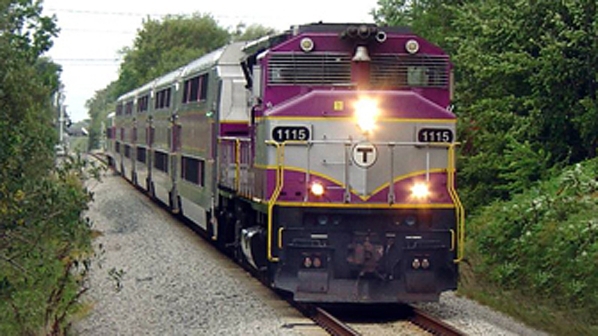Keolis currently provides mechanical, transport and engineering services in Boston under an eight-year contract that began on July 1 2014 and was set to expire June 30 2022. The contract included two two-year extensions, which have now been activated.
MBTA’s contract with Keolis is performance-based, including a fixed price for a certain level of service and penalties related to poor on-time performance and passenger comfort.
Under the current contract, Keolis has added 10,000 more services per year compared with 2014, including new weekend services and trial services on new routes. The operator has also introduced customer improvements, such as allowing passengers to purchase tickets onboard with credit and debit cards, and reinforced safety management protocols including an expanded and updated safety department.
The four-year extension includes several additional benefits:
- incentives for improved services through performance payments for on-time performance, train crew staffing, and seating capacity, worth up to $US 5m per annum between 2021 - 2026
- measures to address fare evasion and non-collection through the continuation of a revenue share agreement between 2021 and 2026, including the installation of automated fare gates to reduce ticketless travel
- investments in MBTA infrastructure and assets, including incentives to accelerate capital investment
- increased fleet availability and reliability
- the flexibility and time to develop a transformational successor contract, with the possibility of re-procurement as early as 2025, and
- cost certainty, with MBTA paying less than the current market price for the contract.
MBTA says the extension also avoids a potentially disruptive transition that could result from a re-procurement process, which would be followed by an uncertain multi-year transition to a new operator. MBTA has the ability to opt out of the contract a year before it expires.
The agreement accounts for contractual cost growth with inflation rates reflecting current industry-related cost increases.
The new projected net cost of the contract, which assumes a minimum of $US 100m in capital work per year or a minimum general and administrative expense fee of $US 6m, is estimated at $US 16.2m in 2021, $US 34.7m in 2022, $US 35m in 2023, $US 43.3m in 2024, $US 46.8m in 2025, and $US 48.1m in 2026.
During this four-year extension, MBTA will draw up a new contract following the completion of a contract study and the development of additional contract objectives.
This will include a new contract model, based on the contract study, market sounding, and the commuter rail capital plan. Following the release of an RFI and a six-month public procurement, a new contract will be awarded by January 2026. This will allow for at least six months of transition.
“Our main goals are to provide continuity and the best possible service for our commuter rail customers, as well as provide adequate time to plan for a future transformational procurement,” says MBTA general manager, Mr Steve Poftak.
“We’re pleased the MBTA recommended and the board voted to extend Keolis’ contract for four years, exercising the full term of the contract options,” said CEO and general manager of Keolis Commuter Services, Mr David Scorey. “This extension balances taxpayer and passenger needs as it keeps costs low while also enhancing the passenger experience, including a focus on providing more capacity, further increasing on-time performance and accelerating capital delivery.”

